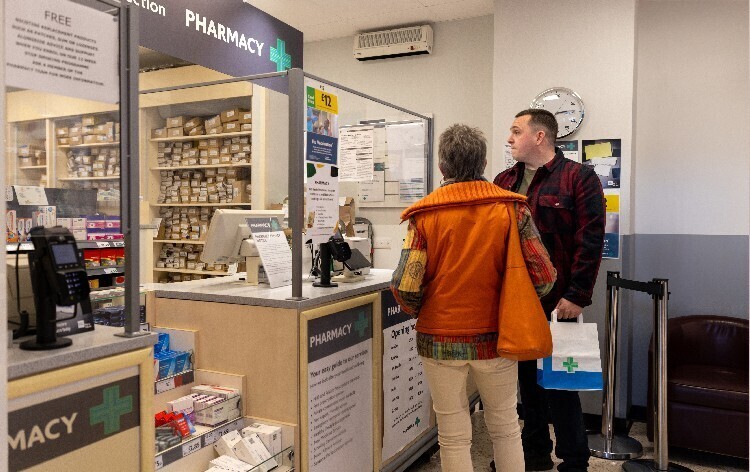CCA analysis reveals ‘postcode lottery’ in pharmacy service commissioning

Inconsistencies in how community pharmacy services are commissioned by integrated care boards (ICBs) and local authorities in England are driving an unnecessary ‘postcode lottery’ for patients, according to the Company Chemists’ Association (CCA).
CCA analysis, based on findings from a Freedom of Information exercise, found wide variations in the range and funding of services available to patients depending on where they live, work or study.
Among ICBs, 37 boards commissioned 27 unique service types, with over half (64%) commissioning minor ailments services.
Most ICBs responding (37 in total) confirmed they commission local services in addition to those required under the national Community Pharmacy Contractual Framework (CPCF).
According to the CCA, ICBs are estimated to spend over £10m annually on these additional pharmacy services, but per capita spending ranges dramatically – from £56,000 per 100,000 population in North East and North Cumbria, to just £250 per 100,000 in South West London, representing a 224-fold difference.
Related Article: Six-month review to examine LGBT+ healthcare barriers
With regard to local authorities, 79% commission services from community pharmacies, with an estimated total spend of £19.2m across England.
Among the 115 local authorities analysed, the most commonly commissioned services were for sexual and reproductive health (61%), smoking cessation (48%) and substance misuse (38%).
Despite covering smaller areas than ICBs, significant variations among local authorities were also found to exist.
According to the analysis, the average population-adjusted spend per local authority was £33,000, but Gateshead spent five times this (£218,500) and Walsall spent 12,000 times less than the average (£2.74).
In addition, although Hartlepool is less than 20 miles south of Gatehead and both areas have significantly deprived populations, its council spends just £5,500 per 100,000 population – £218,500 less.
The CCA argues that both ICBs and local authorities are failing to fully recognise the benefits of the accessibility and convenience community pharmacies offer.
Malcolm Harrison, chief executive of the CCA, described local commissioning of services across England as resembling ‘a patchwork quilt of care’.
He said: ‘Patients face a postcode lottery depending on where they live, work or study. For some, their local community pharmacy can offer a wide range of valuable care services free at the point of use.
Related Article: Multiple insulin vials to be discontinued in phased supply run-down
‘Unfortunately, we have found that often their close neighbours cannot benefit from the same opportunities.’
The CCA is calling for nationally defined service specifications and contracting for common pharmacy services, a review of areas with low commissioning, and investment in community pharmacy public health services to place the NHS on a prevention-first footing.
The CCA argues that, with over 10,000 pharmacies in England, the sector offers the NHS a ready-made network of ‘urgent care centres’ to help shift more care into the community.
Mr Harrison added: ‘To realise the full opportunities offered by a “neighbourhood health service”, all ICBs and local authorities must endeavour to seize the benefits offered by the local pharmacies on their doorstep.
‘The government must ensure the most important services are offered nationwide so that patients can understand what to expect of their local pharmacy, and more care can be delivered in the community.’
Related Article: UK study into AMR link between animals and humans launched
To inform its analysis, the CCA used Freedom of Information requests to collect data from all 42 ICBs in England for the 2023/24 financial year. All ICBs responded, although some withheld certain details.
Freedom of Information requests were also used to collect data from upper-tier local authorities, 115 of which responded.

Have your say
Please add your comment in the box below. You can include links, but HTML is not permitted. Please note that comments are not moderated before publication and the views expressed are those of the user and do not reflect the views of The Pharmacist. Remember that submission of comments is governed by our Terms and Conditions. You can also read our full guidelines on article comments here – but please be aware that you are legally liable for any libellous or offensive comments that you make. If you have a complaint about a comment or are concerned that a comment breaches our terms and conditions, please use the ‘Report this comment’ function to alert our web team.